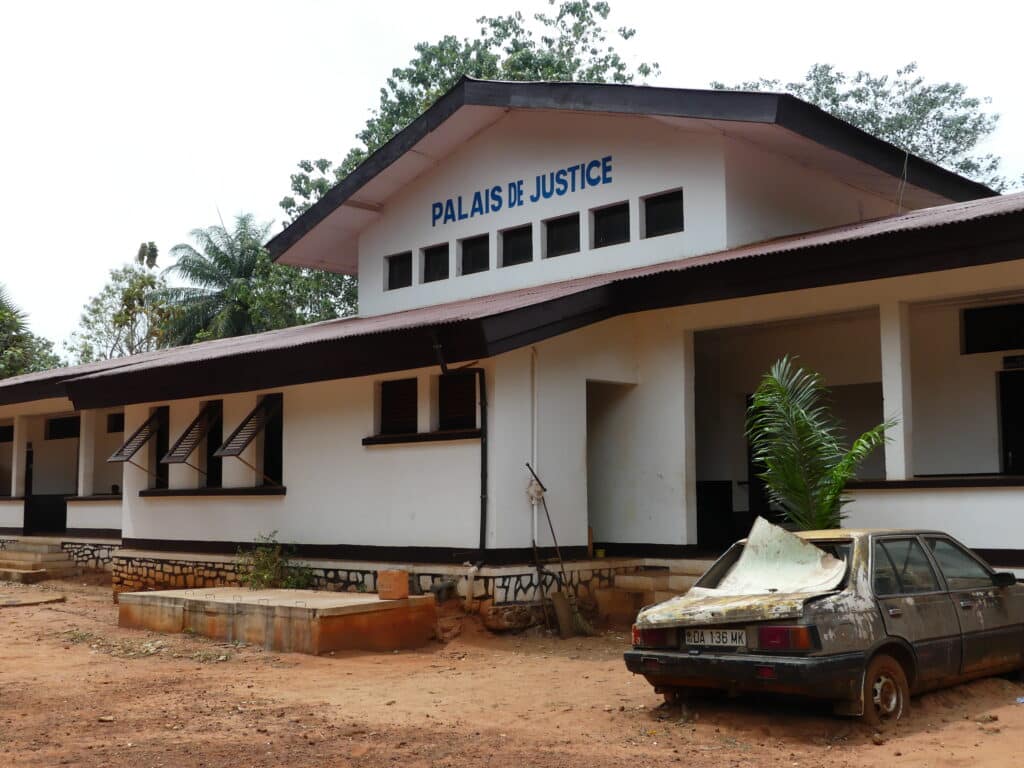
This article has been taken from the Annual Report 2021 of Avocats Sans Frontières.
In the Central African Republic (CAR), the practice of charlatanism and witchcraft is considered a crime under the penal code. The prosecution of suspected “sorcery” practitioners frequently leads to serious human rights violations and systematically impacts women and children. At the Bimbo women’s prison, half of the women in prison are condemned for alleged witchcraft offences. The repression suffered by those accused of witchraft can originate in formal justice but also in popular vindictiveness. People suspected of witchcraft are regularly subjected to humiliation and corporal punishment, sometimes resulting in death.
Such violence is rooted in structural inequalities and patterns of patriarchal domination against women and certain categories of people in vulnerable situations. This type of violence is therefore a consequence of social and cultural norms that hinder the realisation of womens’ and minors’ rights.
ASF’s objective is not to fight against these beliefs that are rooted in Central African society, but to fight against the “witch hunt”. ASF’s action in this regard is mainly based on three axes.
(i) With ASF’s support, civil society organisations run awareness and information sessions on these practices, their propensity to affect certain categories of the population and the disastrous consequences they can have on the lives of these individuals.
(ii) ASF works to provide holistic assistance to people accused of charlatanism and witchcraft. In collaboration with civil society organisations, actors in the criminal justice system, community leaders and NGOs, ASF ensures that people accused of charlatanism and witchcraft are identified as early as possible so that they can benefit from legal assistance from the moment they are taken into custody and during their possible pre-trial detention. It is also essential to assist these people as soon as possible to limit the consequences of such an accusation on their reputation, and therefore on their chances of integrating into the community or providing for themselves and their families.
(iii) ASF noted that the Central African legal arsenal was inadequate to deal with this social phenomenon. The offence does not have a clear definition and a wide range of evidence and clues can be used to prove the offence in court, despite the fact that it is not defined in the penal code. ASF is conducting research to gain a better understanding of the socio-cultural treatment of witchcraft and to eventually develop an advocacy strategy for a more human rights-based approach to these offences.



